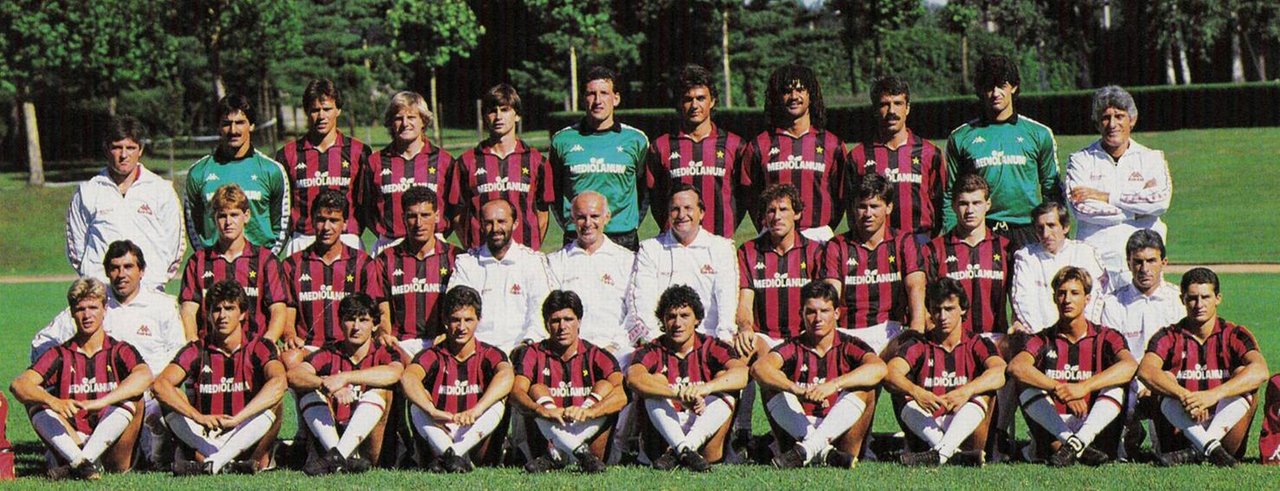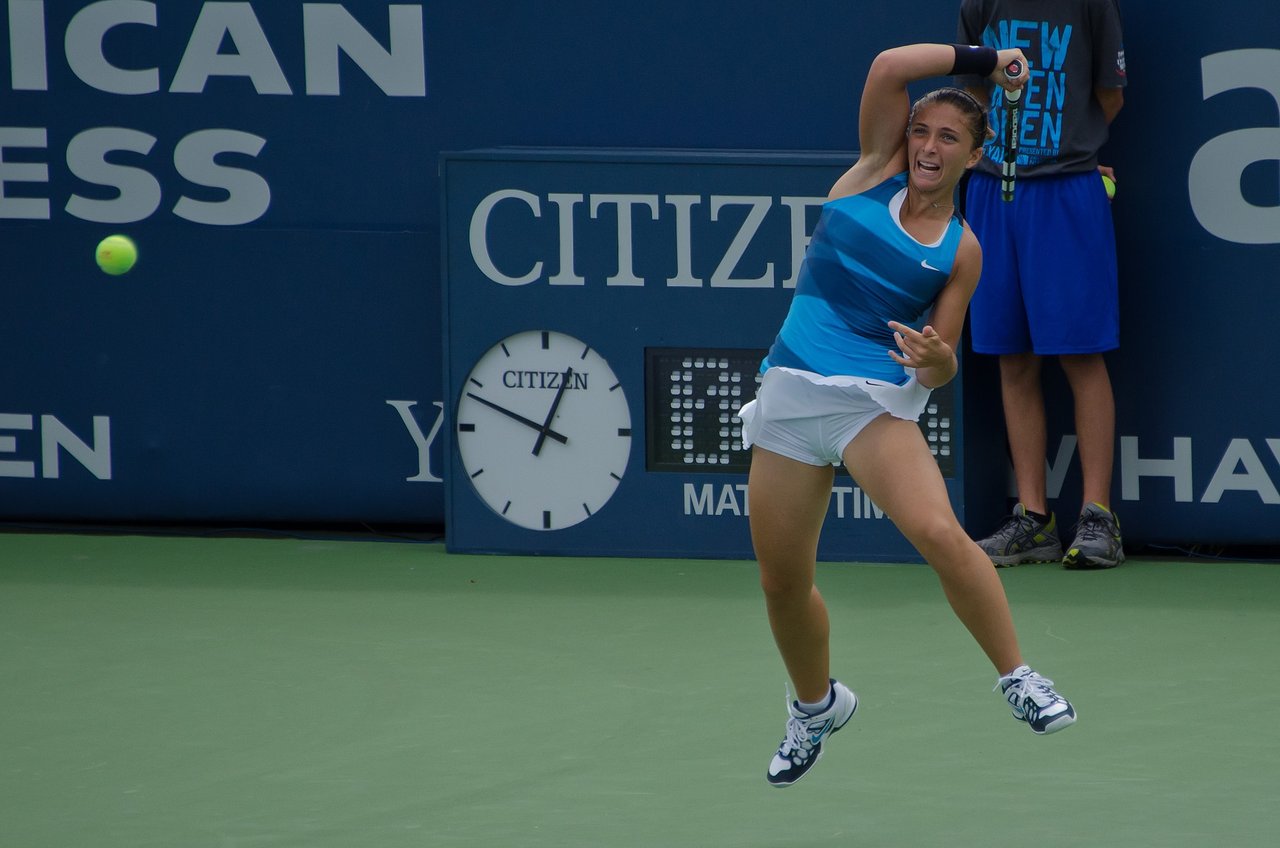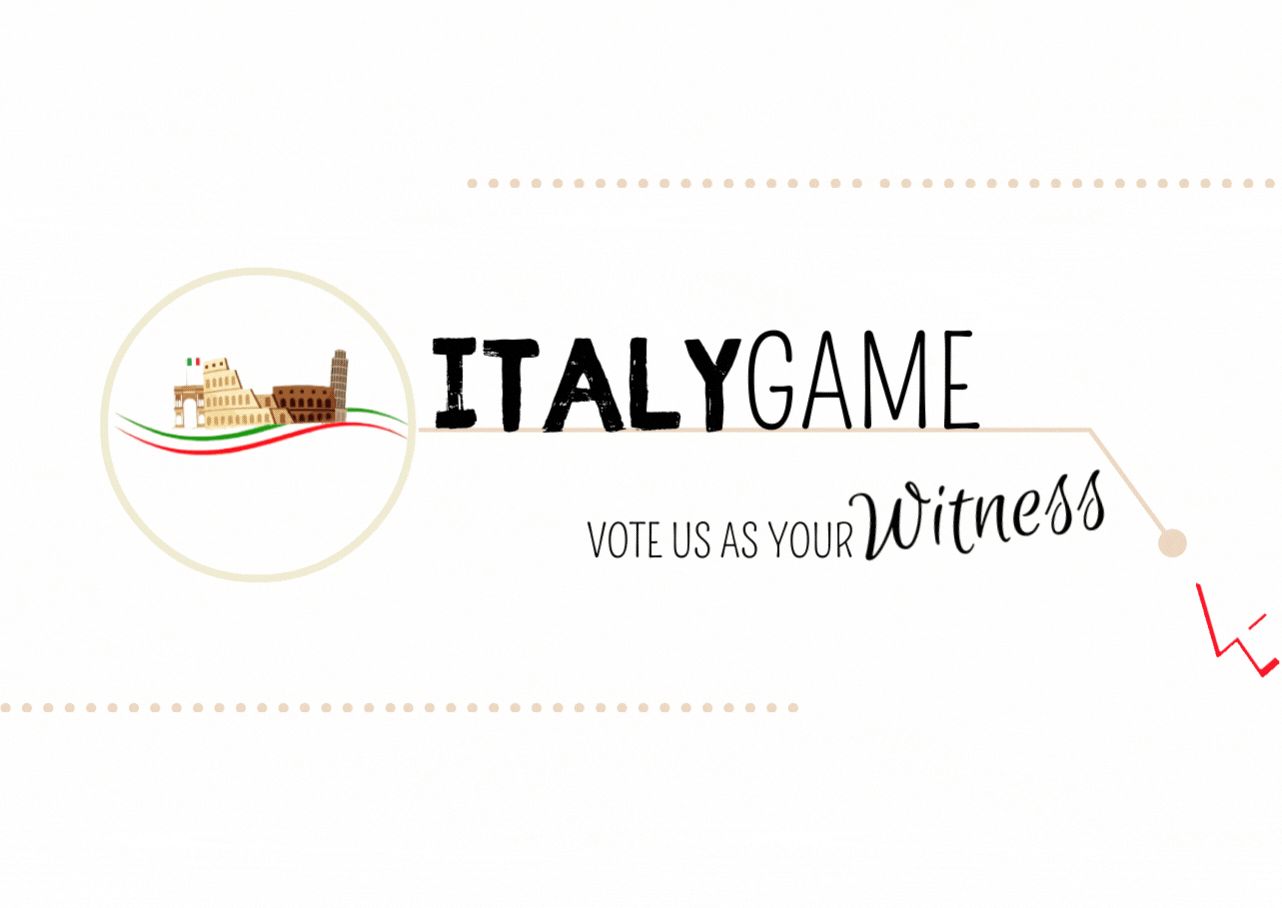
Foto di Oliver Sjöström da Pixabay - Free to use
POSSONO PERDERLO SOLO LORO |
|---|
Passata l'ultima sosta per le nazionali, i campionati di calcio europei non si fermeranno più, fino all'ultima giornata e ai conseguenti verdetti finali. Una volata lunghissima, dalla durata di un paio di mesi, che costringerà le squadre, specialmente quelle impegnate nelle fasi decisive delle competizioni europee, a scendere in campo spesso anche due o tre volte nell'arco dei sette giorni.
Aprile è da sempre il mese più caldo per quanto riguarda le varie competizioni calcistiche e, come accade in una maratona, trovarsi in perfetta forma proprio in corrispondenza del traguardo è molto più importante dell'aver mostrato i muscoli nelle fasi iniziali. Può sembrare un controsenso, dato che nel nostro calcio non esistono i play-off e il numero di punti assegnato per le vittorie rimane sempre lo stesso, in qualsivoglia periodo dell'anno, ma scavando bene a fondo la questione ci si rende conto di come questa teoria affondi le proprie radici su diversi ricorsi storici.
Sul finale della stagione, i meccanismi psicologici che hanno caratterizzato il resto del campionato moltiplicano la loro incidenza nella testa e nelle gambe dei calciatori, riflettendosi di conseguenza sui risultati del campo. Chi è impegnato in una rincorsa, a patto di non aver perso troppo terreno in precedenza, potrebbe veder scattare l'effetto adrenalinico, simile a quello di un predatore che "annusa" la paura secreta dalle ghiandole surrenali della propria vittima, mentre chi si trova davanti rischia di essere assalito dall'improvviso timore di non farcela.

Il Milan, campione d'Italia nella stagione 1987-88. Public domain image
In passato, la Serie A ha visto diverse rimonte scudetto clamorose concretizzarsi, sebbene nessuno avrebbe mai puntato un centesimo sulle squadre inseguitrici, ed almeno in questo senso la cosa ha colpito in maniera democratica un po' tutte le grandi protagoniste del calcio italiano: l'Inter di Herrera, il Milan di Rocco e quello di Arrigo Sacchi, la Juventus di Ancelotti e il Napoli guidato da Ottavio Bianchi hanno in comune non solo l'essere state tra le più forti squadre del nostro movimento, ma anche la spiacevole sensazione di uno scudetto svanito a pochi calci dall'ultimo fischio.
La domanda che sorge spontanea tra tutti gli appassionati, in relazione all'attuale campionato, è questa: può il Napoli schiacciasassi visto per tre quarti della stagione, crollare clamorosamente proprio negli ultimi due mesi e perdere, come accaduto agli squadroni sopra citati, uno scudetto mai apparso davvero in discussione fin da gennaio?
La risposta logica a questo interrogativo non può che essere categoricamente negativa. Con trentatré punti rimasti a disposizione delle partecipanti e diciannove di vantaggio sulla seconda in classifica, la banda di Luciano Spalletti, fin qui costretta a patire due sole sconfitte, dovrebbe perdere sette delle undici restanti gare (a patto che chi insegue naturalmente le vinca tutte) o quanto meno andare incontro ad una sfilza di pareggi poco pronosticabili.
Le cose potrebbero cambiare leggermente nel caso in cui, a fine aprile, il CONI decidesse di restituire i quindici punti di penalizzazione sottratti alla Juventus, riducendo di qualche lunghezza il vantaggio dei partenopei sulla più diretta inseguitrice, ma è altamente probabile che, anche in questo caso, nulla possa frapporsi tra i giocatori azzurri e il terzo scudetto della storia partenopea.

Sara Errani, foto da Lbp06, CC BY-SA 3.0, via Wikimedia Commons
L'unica speranza, per i tifosi neutrali, che intendano godere di una lotta più avvincente per la conquista del titolo, o per quelli delle squadre che inseguono, è che gli azzurri vengano colti da una potente forma di "braccino del tennista", quello strano ed inspiegabile blocco psicologico che colpisce all'improvviso gli sportivi, rendendoli incapaci di compiere anche i gesti più banali.
La tennista Sara Errani, una delle più forti atlete italiane della disciplina (è arrivata anche al numero cinque delle classifiche WTA), nel suo libro "Excalibur", dedica un capitolo proprio a questo aspetto. Contrariamente a quello che si possa pensare, la sindrome del "braccino" ha afflitto almeno una volta in carriera tutti i tennisti professionisti, non risparmiando nemmeno le star più famose.
I colpi che fino a qualche istante prima venivano naturali, improvvisamente non riescono più, causando nel cervello un loop di negatività dal quale è difficile uscire. La paura di sbagliare e la sensazione di stare perdendo il controllo dei propri gesti atletici prodotta dalla mente, impedisce l'invio dei giusti segnali al corpo, che si inceppa e non funziona più nella maniera corretta.
Se poi chi è costretto ad attraversare questa crisi non è abituato a fare corsa di testa, gli effetti prodotti potrebbero rivelarsi ancora più negativi, proprio per la scarsa attitudine a reggere la pressione.
Statemi bene, alla prossima!
📢 ATTENZIONE!
Se non l'hai ancora fatto, prendi in considerazione la possibilità di partecipare alla terza settimana del mio contest, THE ITALYGAME CUP!

Logo Italygame Cup, foto di 3D Animation Production Company da Pixabay - Free to use
Foto di sfondo, Immagine di Freepik - Free to use
Grazie alla sponsorizzazione di @italygame sono in palio dei ricchi premi per i primi classificati e per i vincitori settimanali. C'è tempo per partecipare alla seconda settimana del gioco fino a sabato 1 aprile, ti aspetto!
.jpg)
I'm part of ITALYGAME Team
together with:
@girolamomarotta, @sardrt, @mikitaly, @mad-runner, @famigliacurione
.jpg)
 ENGLISH VERSION
ENGLISH VERSION
Translated with DeepL.com
ONLY THEY CAN LOSE IT |
|---|
After the last break for the national teams, the European football championships will not stop again, until the last day and the resulting final verdicts. A very long sprint, lasting a couple of months, which will force teams, especially those engaged in the decisive stages of European competitions, to take the field often even two or three times in the space of seven days.
April has always been the hottest month as far as the various football competitions are concerned, and, as happens in a marathon, being in perfect shape right at the finish line is much more important than having shown muscle in the early stages. This may seem like nonsense, given that in our football there are no play-offs and the number of points awarded for victories always remains the same, whatever the time of year, but if you dig deep into the matter you realise how this theory is rooted in various historical recourses.
At the end of the season, the psychological mechanisms that characterised the rest of the championship multiply their incidence in the players' heads and legs, consequently reflecting on the results on the pitch. Those who are engaged in a run-up, provided they have not lost too much ground beforehand, might see the adrenalin effect kick in, similar to that of a predator 'sniffing' the fear secreted by its victim's adrenal glands, while those in front are likely to be assailed by the sudden fear of not making it.

AC Milan, Italian champions in the 1987-88 season. Public domain image
In the past, the Serie A has seen several resounding Scudetto comebacks materialise, although no one would have bet a penny on the chasing teams, and at least in this sense it has affected all the great protagonists of Italian football in a democratic manner: Herrera's Inter, Rocco's Milan and Arrigo Sacchi's, Ancelotti's Juventus and Napoli led by Ottavio Bianchi have in common not only having been among the strongest teams in our movement, but also the unpleasant feeling of a Scudetto vanishing just a few kicks away from the last whistle.
The question that arises spontaneously among all the fans, in relation to the current championship, is this: can the Napoli crusher seen for three quarters of the season, collapse sensationally in the last two months and lose, as happened to the aforementioned teams, a Scudetto that never really appeared in question since January?
The logical answer to this question can only be categorically negative. With thirty-three points remaining and a nineteen-point lead over the second-placed team, Luciano Spalletti's gang, who have only suffered two defeats so far, would have to lose seven of their remaining eleven matches (assuming the chasing pack wins them all, of course) or at least face a string of barely predictable draws.
Things might change slightly if, at the end of April, the CONI decides to return the fifteen penalty points subtracted from Juventus, reducing by a few lengths the advantage of the partenopei over the most direct pursuer, but it is highly probable that, even in this case, nothing can stand between the azure players and the third scudetto in the partenopea history.

Sara Errani, photo by Lbp06, CC BY-SA 3.0, via Wikimedia Commons
The only hope, for neutral fans, who wish to enjoy a more exciting fight for the title, or for those of the teams in pursuit, is that the Azzurri will be caught in a powerful form of 'tennis bracelet', that strange and inexplicable psychological block that suddenly strikes athletes, rendering them unable to perform even the most trivial gestures.
The tennis player Sara Errani, one of the strongest Italian athletes in the discipline (she even reached number five in the WTA rankings), devotes a chapter to this very aspect in her book 'Excalibur'. Contrary to what one might think, the 'bracelet' syndrome has afflicted all professional tennis players at least once in their careers, not sparing even the most famous stars.
Strokes that until a few moments before came naturally, suddenly fail, causing a loop of negativity in the brain from which it is difficult to escape. The fear of making mistakes and the feeling of losing control of one's athletic gestures produced by the mind, prevents the right signals from being sent to the body, which jams and no longer functions properly.
If, then, those who are forced to go through this crisis are not used to running with their heads, the effects produced could turn out to be even more negative, precisely because of their poor ability to withstand the pressure.
Stay safe, see you next time!
📢 ATTENTION, PLEASE!
If you haven't already done so, consider entering the third week of my contest, THE ITALYGAME CUP!

Logo Italygame Cup, photo by 3D Animation Production Company da Pixabay - Free to use
Background photos, Image by Freepik - Free to use
Thanks to the sponsorship of @italygame, rich prizes are up for grabs for the first runners-up and weekly winners. There is time to participate in the second week of the game until Saturday, April 1st. I look forward to seeing you!
.jpg)
I'm part of ITALYGAME Team
together with:
@girolamomarotta, @sardrt, @mikitaly, @mad-runner, @famigliacurione


 👉 VOTA PER NOI COME WITNESS👈
👉 VOTA PER NOI COME WITNESS👈